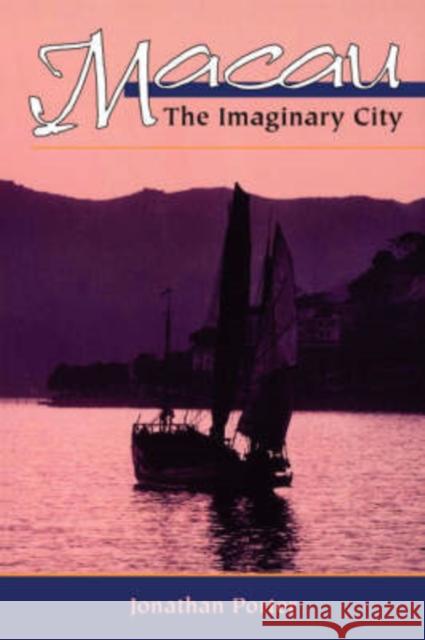Macau : The Imaginary City » książka
Macau : The Imaginary City
ISBN-13: 9780813337494 / Angielski / Miękka / 1999 / 263 str.
In this evocative essay on the cultural and social history of a unique and fragile city, Jonathan Porter examines Macau as an enduring but ever-changing threshold between two worlds, the West and China. Founded by the Portuguese in 1557, Macau emerged as a vibrant commercial and cultural hub in the early seventeenth century. The city then gradually evolved, flourishing first as a Eurasian community in the eighteenth century and then as an increasingly Chinese city in the nineteenth century. Poised on the periphery of two worlds, an isolated but global crossroads, Macau's unique cultural and social melange illuminates crucial issues of cross-cultural exchange in world history. Establishing Portugal and China as distinct cultural archetypes, Porter examines the subsequent encounters of East and West in Macau from the sixteenth to the twentieth centuries. Avoiding a linear chronological approach, Porter instead looks at a series of images from the city's history and culture, including its place in the geographical context of the South China coast; the architecture of Macau, which reflects the memories of its historical passages; the variety of people who crossed the threshold of Macau; and the material culture of everyday life. The paperback edition of this acclaimed book includes a new epilogue by Porter addressing the return of Macau to Chinese control in late 1999.











